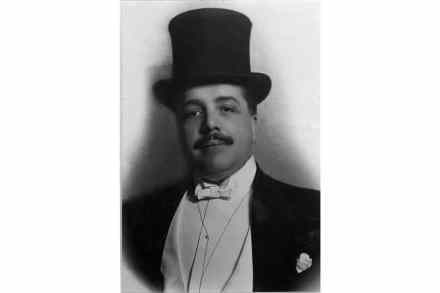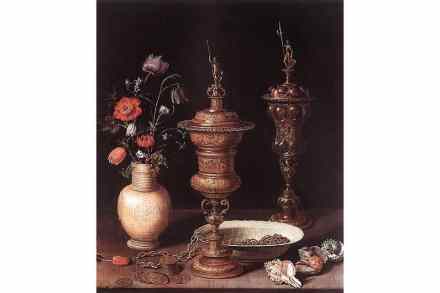A. M. Homes: The Unfolding
30 min listen
My guest on this week’s Book Club podcast is A. M. Homes. She talks about her new novel The Unfolding, which imagines a conspiracy of angry Republicans forming after John McCain’s 2008 election defeat in the hopes of taking their America back. She talks about her history of prescience, about the deep weirdness of the Washington she grew up in, and why there’s more than one ‘deep state’.





















